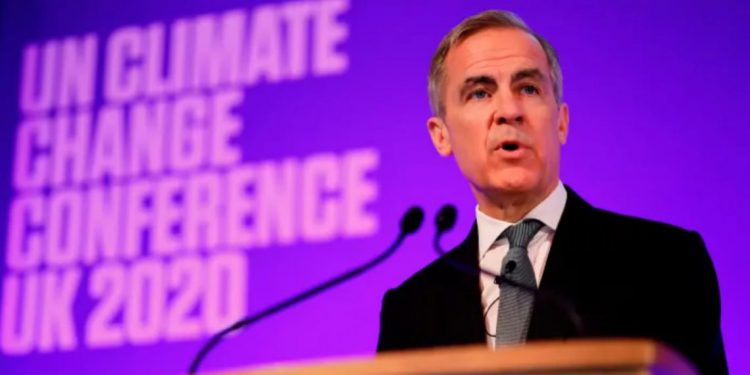A letter to The Financial Times says offsets must not replace decarbonisation efforts, as the task force led by former Bank of England governor Mark Carney, now the UN special envoy on climate action and finance, points out. Offsets Mustn’t Replace Decarbonisation
Carina Millstone says the real failure of Carney’s proposed regulation will occur if companies are left to decide what counts as “hard to decarbonise” — and therefore legitimately offset. Offsets Mustn’t Replace Decarbonisation
This tension is currently playing out in the food industry, where companies face growing pressure to show progress towards net zero. Even if all other economic sectors decarbonised from 2020, emissions from the food system would still take us over the 1.5C threshold that the UK aims to salvage at COP26 this November.
Yet most of the UK’s leading food businesses — the food retailers — have no plan for how to minimise the main source of their emissions — their so-called Scope 3 emissions, or the emissions of the product they sell, with meat and dairy the main culprit. It is a clear temptation for companies to simply label these emissions “hard to decarbonise” and switch to offsetting mode.
Indeed, Morrisons earlier this year did just that, promising the arrival of “net zero beef” on its shelves, to be produced through farm-level offsets developed and delivered in partnership with suppliers. This presents a clear threat to the emissions reduction imperative and skirts around what retailers are best placed to do to contribute to decarbonisation efforts — promote more sustainable diets, rich in plants and lighter on meat and dairy, as described in July’s National Food Strategy.























